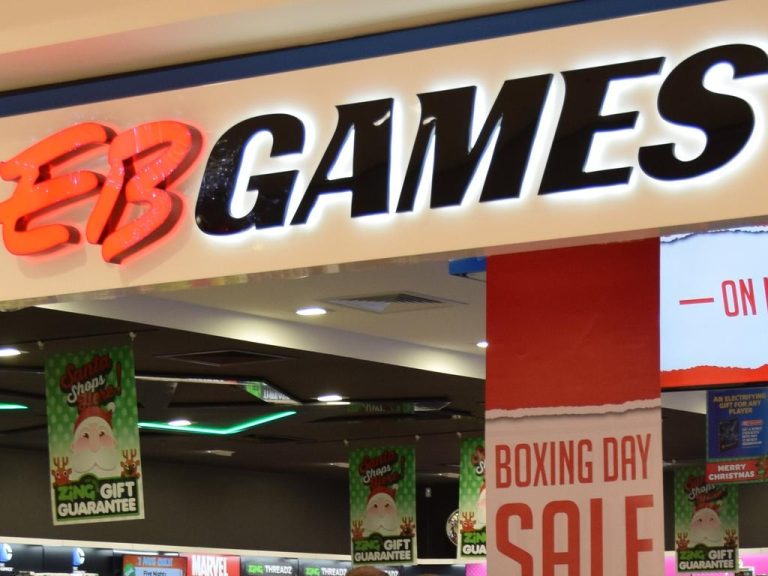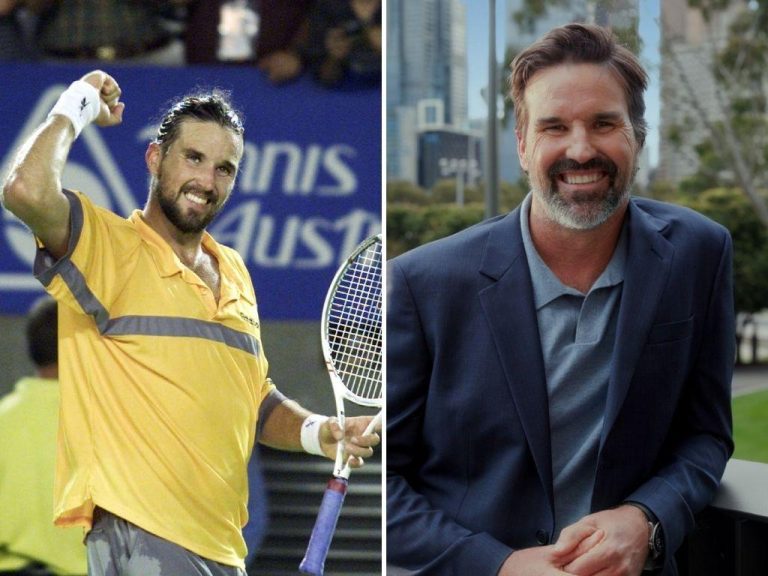Private buyers step up as top end deals dry up

Proposed twin tower development at 7 Spencer Street by Mirvac.
Top end transactions have been the hardest hit by the slowdown in commercial investment activity, with the smaller end of the market proving more hardy, according to real estate agency CBRE.
The firm’s analysis of the first half shows that total investment volumes halved to $8.8bn against the same period last year, as a series of interest rate hikes ripped through the market.
The figure includes about $2.3bn worth of deals that are yet to settle, with a number subject to capital raising, which has been tough as sentiment has turned against offices and retail deals are harder to stack up.
CBRE said that while deal volumes dropped across the board, there was a significant differential between the drop in sub-$100m transactions, at 36 per cent, and the 58 per cent fall recorded for deals over $100m.
The group’s head of capital markets research Tom Broderick said that the smaller end of the market had been more resilient, with private buyers “seeing the current conditions as an opportunity to buy assets while larger institutional groups are largely on the sidelines”.
CBRE Pacific head of capital markets Flint Davidson said asset size was now the single biggest factor determining buyer depth on sale campaigns.
“Over $200m, you see interest begin to thin, whereas scalable transactions were a priority 18 months ago. There is still significant liquidity waiting to see pricing revert and debt markets stabilise, particularly for larger assets,” he said.
Mr Davidson pointed to markets like Korea, where the interest rate cycle had topped out and buyer depth had returned. Once the Reserve Bank completes its rate tightening, there are hopes demand could return for local assets. He said the market will be “closely watching interest rate movements”.

Proposed twin tower development at 7 Spencer Street by Mirvac.
The office sector had the highest volume of transactions at $1.89bn, followed by retail at $1.83bn, with offshore buyers missing from much of the action. This international cohort accounted for just 24 per cent of volumes in the first half, down from 44 per cent against the same period last year. This translated to $2.1bn in total first half transactions, down 73 per cent year-on-year, with the most significant deal being Hong Kong-based private equity group PAG’s purchase of 44 Market St from Dexus for $393m.
While overall volumes were significantly down, CBRE highlighted an increase in purchases by Japanese investors, who had gained a competitive advantage due to low interest rates. Notably, real estate house Daibiru backed a $630m office project in the Melbourne CBD being undertaken by Mirvac.
Separate analysis by MSCI Real Assets showed that for the first five months of 2023 commercial real estate transaction volumes hovered around record lows, as private investors “appear to be the only ones still buying, and they now account for the majority of transactions”.
Private investors accounted for 57 per cent, or $5.5bn of transactions, a jump from the 40 per cent share over the same period last year. Listed players made up only 11 per cent of total volumes, or about $1bn, an 80 per cent plunge year-on-year.
“We are witnessing a pattern reminiscent of previous slowdowns like the Global Financial Crisis and during the Covid-19 pandemic,” MSCI head of Pacific real assets research Benjamin Martin-Henry said.
“One explanation may be the inherent opportunism of private investors. During periods of market turbulence, they often seek out opportunities when more cautious institutional investors remain on the sidelines.”
Private investors have chased deals in the retail sector, which accounts for about 32 per cent of their allocations as at end-May, despite other investors largely avoiding it.
MSCI said it took private investors four years to return to pre-GFC investment levels, and listed players took six years. Institutional cross-border investors did not return to 2007 levels until 2021, while local institutions were back at the same quantum by 2013.
“If patterns are to be repeated, it wouldn’t be surprising to see several quiet years ahead for buyers other than private players,” Mr Martin-Henry said.







